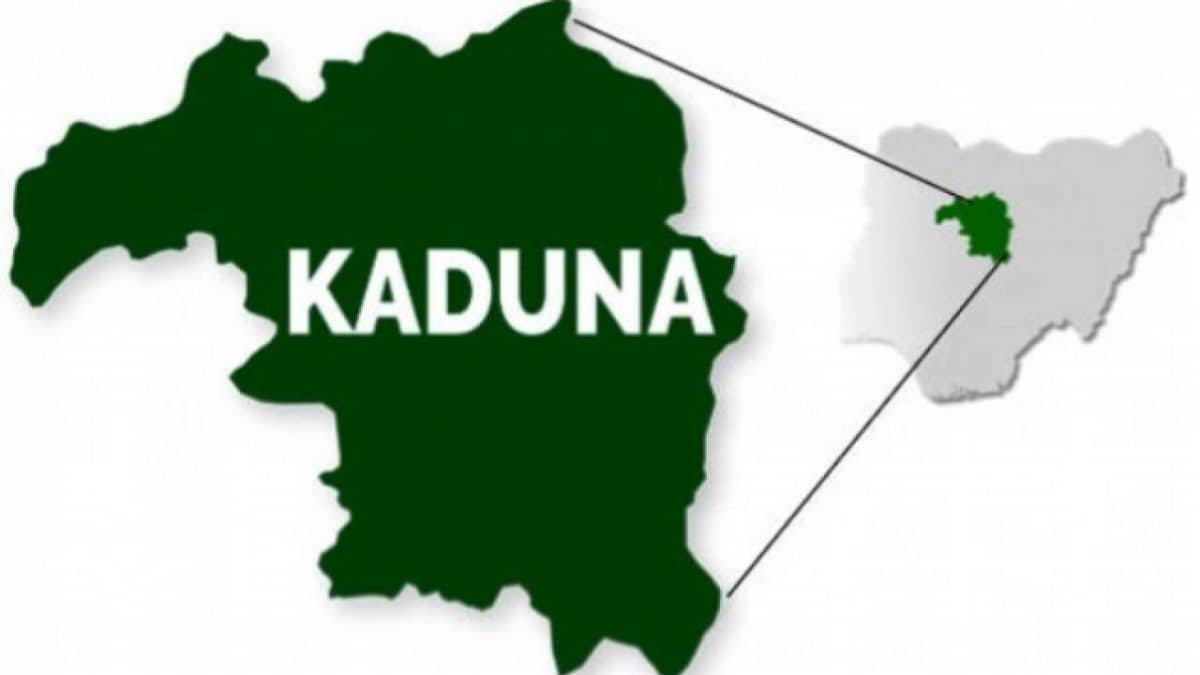DAILY POST
Looking out of a shuttle window going into the campus from Ogige market Nsukka, the incredibly long queues at the banks along University market road, had no real meaning for me until recently. Even with news reports of the anger and disappointment of Nigerians evoked by the new naira scarcity, the exigency of the situation still did not sink in.
With the general election round the corner, conversations about the failure of the present administration and the state of the country since 1960, has taken over public discourse. Inflation rate since 2015 has become more topical and Nigerians have been reminding one another of how deep a mess they are in. But not even our understanding of the pitiful socio-economic climate we existed in, prepared us for the emerging difficulties; the gratuitous misery that citizens have been plunged into with the redesign and circulation of the Naira notes.
On November 23, 2022, president Muhammadu Buhari, launched the new naira banknotes which finally came into existence after intense legislative debates. Dissecting the prospects of the Naira redesign, many Nigerians believed that it would serve to mitigate the circulation of counterfeit, as well as control cash circulation. There was also the more appealing prospect that it would thwart the plans of politicians who disburse hoarded cash to relevant stakeholders as well as voters in order to manipulate the voting process.
For most Nigerians however, the most attractive utility of the new naira banknotes, would be its proposed role in curbing insecurity in the country. Prior to the redesign of the Naira, kidnapping and banditry had risen exponentially in the country, with targets cutting across diverse social classes and ethnic groups.
According to reports from Nigeria’s leading geopolitical intelligence platform, SB Morgen, 2,371 persons were kidnapped in Nigeria in the first half of 2021, which meant an average of 13 kidnappings a day. Between July 2021 and June 2020, no fewer than 3,420 people were abducted across Nigeria, with 564 others killed in violence associated with abductions.
In another special report published by SB Morgen in 2021, the financial worth of the kidnapping industry was examined, which revealed that the sum of ₦6.531 billion was demanded in exchange for the release of captives while a fraction of that sum ₦653.7 million) was paid as ransom in the period under consideration.
The 21-page report also stated:
“We have taken care not to include the later ransom payments for the Abuja-Kaduna train incident as most of those victims were released in July 2022. It was reported on 25 July, 2022 that eight Nigerian hostages parted with 100 million each, while a Pakistani hostage paid 200 million.
With every part of the country and every class of citizen vulnerable, whatever policy that could tackle kidnapping, was regarded with excitement. Hence the initial acceptance of the Naira redesign…


